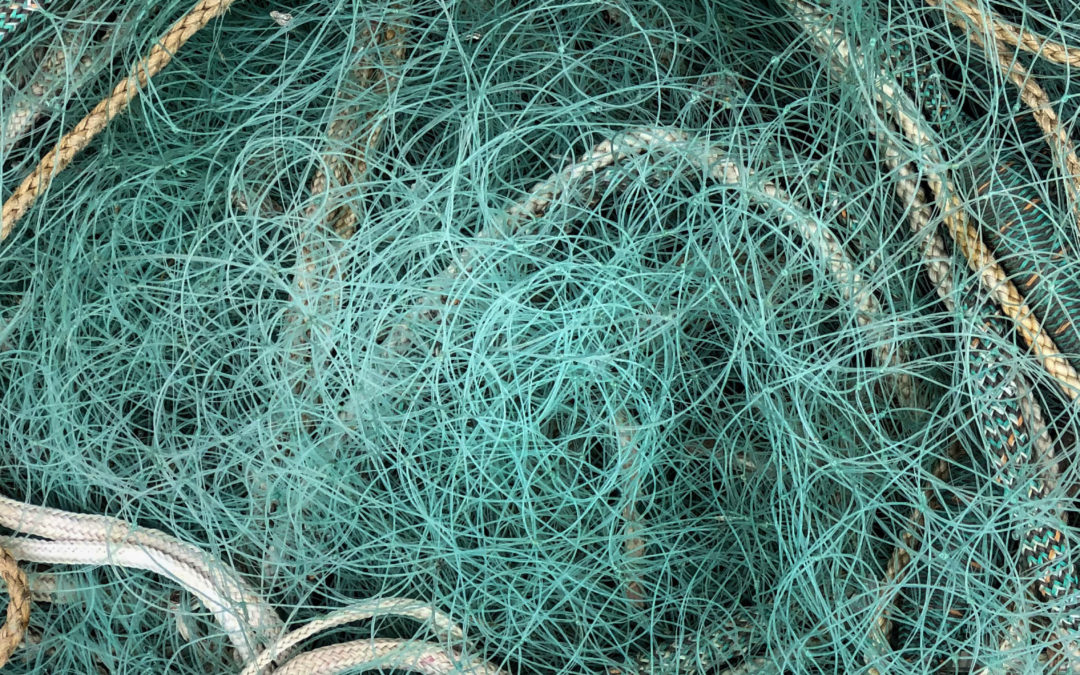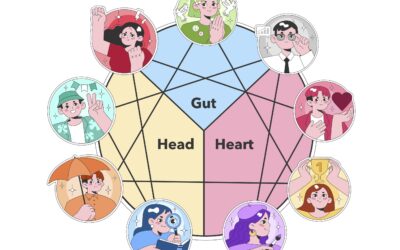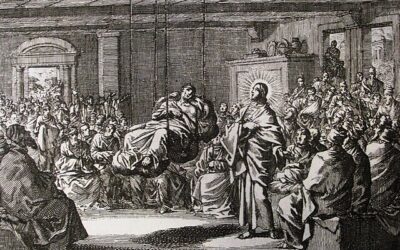by Michelle DeRusha—
Recently I re-read Matthew 4, where Jesus calls fishermen Peter, Andrew, James and John to follow him and become his disciples. “Come,” Jesus says. “Follow me, and I will make you fish for people.”
Matthew tells us that all four men immediately dropped their nets, left their boats and followed Jesus, and in that moment I wondered what Jesus might be asking me to leave behind in order to follow him. My initial response was, “Nothing.” After all, I reasoned, last year was my year of leaving things behind. I quit book publishing. I quit writing my monthly column for the local newspaper. I quit speaking. I let so much go; surely there couldn’t be more to release, right?
Last year was also a season of deep soul-searching. I read several spiritual and secular “self-help” books, re-entered counseling, and filled journal after journal with questions and reflections. I was on a quest—a pilgrimage of sorts—to uncover my true, God-created self. I was determined to leave no stone unturned. It was an exhilarating, gratifying, transformational season.
Research is my sweet spot, my comfortable place. Nothing makes me happier than gathering facts, evidence, knowledge and answers. I dove into my year of selfdiscovery with gusto. But here’s what I am realizing about my desire for knowledge, information, clarity and answers: It is, ironically, yet one more way I’ve kept myself at arm’s length from me, others and God.
There is nothing inherently damaging about most self-help books (spiritual or secular). There’s nothing wrong with looking to the guru of the day for guidance and insights. Many offer a tremendous depth of wisdom and compassion, and I learned a lot from what I read this past year. The problem arises, however, when this quest for knowledge and insight becomes both another distraction—a way to avoid—and a means to control. As long as I assume I can find the answer or the way “out there,” I don’t have to sit with what’s right here in the deepest part of myself.
When I heard Jesus tell me to drop my nets, I realized he was asking me to leave my desire for clarity and direction behind. I am called to walk alongside him in trust, even if I don’t know where we are going. After all, Jesus didn’t give the disciples any direction when he called them. He didn’t point out which way they were headed. He didn’t offer any clear insights or answers, not even a hint.
Jesus said nothing more than, “Come, follow me,” with the cryptic addition of, “and I will make you fish for people.” Jesus’ presence was answer enough. Jesus asked the disciples to trust him with that single piece of evidence.
Nets can offer us safety, but safety is not always the better way. What looks like safety can end up entangling us. What looks like security can keep us from the true freedom into which God invites us. It is good and right to be attentive to God’s movement in my life, but it is also good and right to trust that God will make the way known without my grasping or pushing, without my seeking or striving— without, in fact, a lot of effort on my part at all. This is not complacency or apathy, but rather, a receiving, a yielding, a surrendering in confident trust that God is putting everything right with me and for me.
I am learning that there’s always more to leave behind. There’s always something else to drop. Each time I release a net, I come closer to being caught up in the vision of God.
Michelle DeRusha is the author of 50 Women Every Christian Should Know: Learning from Heroines of the Faith, and Katharina and Martin Luther: The Radical Marriage of a Runaway Nun and a Renegade Monk. She blogs about living out faith at MichelleDeRusha.com
This article is excerpted from the June 2020 issue of Gather magazine. To read more like it, subscribe to Gather..
A priceless gift
In 1993, my husband and I moved from Southern California where I’d grown up to Berkeley, where I...
In the image of God
If you were to attend Sunday service at Holly Grove Lutheran Church in Lexington, North Carolina,...
Faith in economics
What is the rule of your household? How do you manage your home? How do you make sure that...





